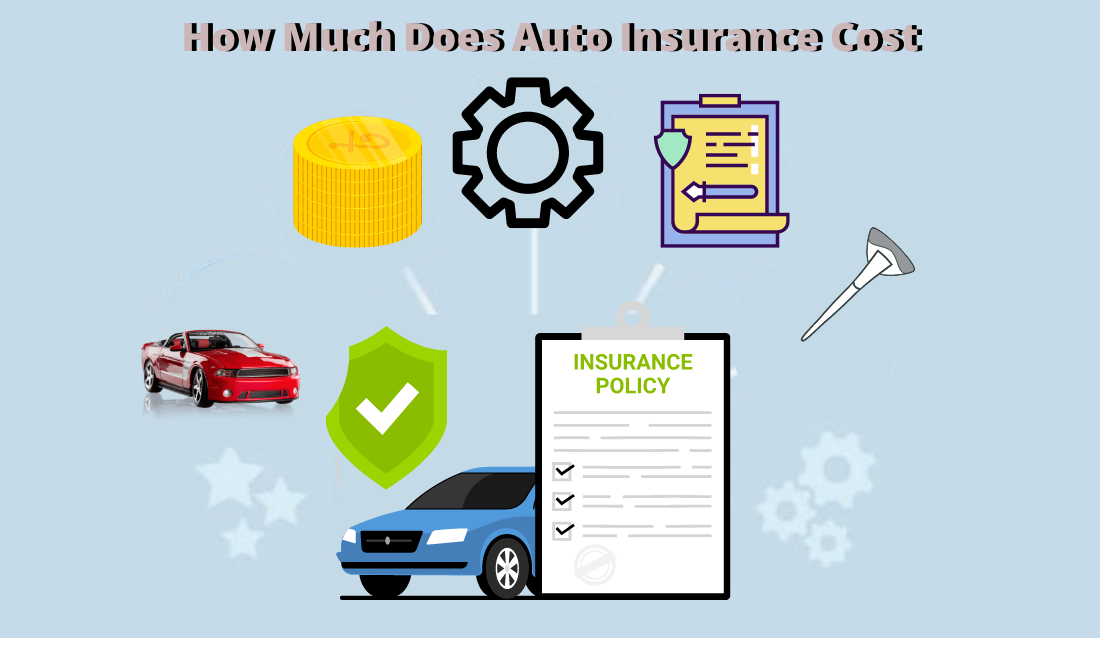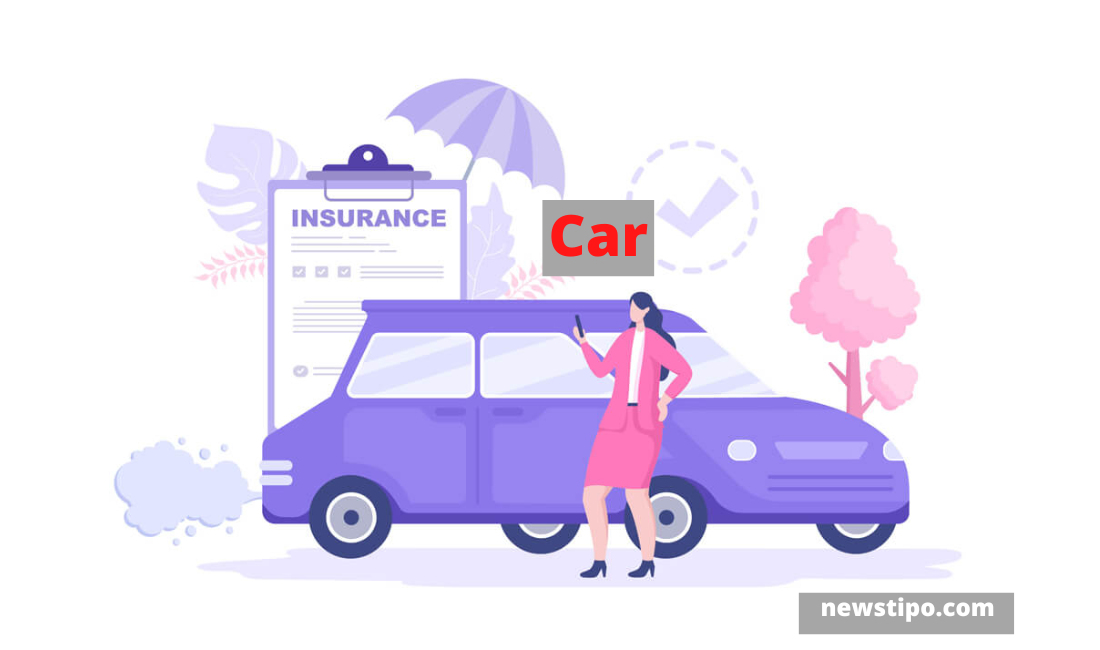Auto insurance is a necessity for most drivers in the United States. The cost of car insurance can quickly add up, and not having coverage can lead to serious financial problems. To help you save money on your car insurance policy, start a free auto insurance quote today!
Car insurance is a service that helps protect you and your car in the event of an accident. The insurance policy typically pays for damage to your car, medical expenses, and potentially lost wages if you are injured in an accident.
How Much Does Auto Insurance Cost
You may be required to have car insurance in order to drive a car on public roads. If you are involved in an accident and do not have insurance, the other driver may be able to sue you for damages.
To find the best rates for car insurance, shop around online or contact several insurers. Be sure to read your policy document carefully to understand what is covered and what is not covered.

Types of Car Insurance
Car insurance is a financial protection plan that helps you financially cover any losses or damages that occur to your car while it’s in your possession. The coverage can help pay for repairs, replacement costs, and even lost income if you are unable to use your car.
There are three main types of car insurance: physical damage, liability, and comprehensive. Physical damage covers damage done to the car itself, such as a broken window. Liability insurance covers you if someone else is responsible for the accident, such as when you hit someone with your car. Comprehensive coverage helps cover things like theft and vandalism.
Each type of insurance has different premiums and benefits, so it’s important to research what’s best for you. To find out more about each type of car insurance, read our article on types of car insurance.
How Much Does Auto Insurance Cost?
Auto insurance can cost anywhere from $10 to $100 per month, depending on the company and the policy you choose. The most important thing to keep in mind is that the cost of your policy will vary depending on your driving record, location, and the type of car you drive.
The good news is that there are a number of ways to save on auto insurance. Here are five tips to help you get started:
1. Compare quotes from different companies. There are a number of online tools available that allow you to compare rates from different companies. You can also call insurance companies and ask for quotes. Just be sure to research each company before choosing one.
2. Shop around for coverage. Make sure to compare rates across different types of coverage (collision, liability, comprehensive). Coverage can vary significantly between policies, so it’s important to find a policy that meets your needs. If you have a specific need (like full coverage for your rental car), be sure to ask your agent about specific policies available.
3. Get discounts for bundling your insurance with other services or products. Many insurers offer discounts for customers who bundle their auto insurance with other services, like home and life insurance. Try calling your insurance company and asking about in-house discounts.
4. Use online tools to save on your premiums. There are a number of online tools available that allow you to compare rates and policy details before you buy. Some of these tools includeInsuranceComparison.com and Insureon.com.
5. Consider adding a protection plan to your policy. Many insurers offer protection plans that cover items like theft, damage, and loss. Adding this type of coverage can help you save money on your overall policy costs.

The Different Kinds of Coverage You Need
When you start shopping for car insurance, it can be hard to figure out what kind of coverage you need. There are different types of coverage, each with its own benefits and drawbacks. Here’s a look at the five main types of car insurance: liability, collision, comprehensive, uninsured/underinsured motorist, and roadside assistance.
Liability coverage protects you from civil lawsuits. This type of coverage is important if you’re involved in an accident that causes injury or death. Collision Coverage protects you from damage to your vehicle that isn’t the result of an accident.
This type of coverage is important if you hit someone else’s car while driving. Comprehensive Coverage covers property damage and injuries that occur as a result of an accident, even if you weren’t at fault. Uninsured/Underinsured Motorist Coverage gives you protection against accidents with drivers who don’t have enough insurance or who don’t have any insurance at all.
This type of coverage is important if you’re in a car accident with a driver who doesn’t have proper insurance. Roadside Assistance covers costs associated with getting your car fixed after an accident.
How to Backup Emails from Microsoft Office 365
Understanding Your Policy
If you’re shopping for car insurance, you may be wondering what factors will affect your premiums. In this article, we’ll take a look at some of the most common factors and how they can affect your rates.
Your driving record: Your driving record is one of the most important factors when it comes to your car insurance rates. A clean record means you’re less likely to have to pay for claims, which will save you money on your premium.
- Your driving record is one of the most important factors when it comes to your car insurance rates. A clean record means you’re less likely to have to pay for claims, which will save you money on your premium. Your age: The younger you are, the cheaper your rates will be. However, as you get older, your rates will go up slightly. This is because insurers assume that you’ve racked up more driving incidents and claims over time.
- The younger you are, the cheaper your rates will be. However, as you get older, your rates will go up slightly. This is because insurers assume that you’ve racked up more driving incidents and claims over time. Cars that are typically considered safer, like sedans, will have lower rates than those with more dangerous features, like pickup trucks.
- Your credit score: A good credit score means you’re less likely to end up in debt and need to turn to car insurance to help pay off your debts. A low credit score means you’ll pay higher premiums. A good credit score means you’re less likely to end up in debt and need to turn to car insurance to help pay off your debts. A low credit score means you’ll pay higher premiums.
- The level of coverage you want: You may want more comprehensive coverage than required by law, which will cost you more money. Conversely, you may only need liability insurance, which will be cheaper. Talk to an agent about what type of coverage is best for you and your needs.
Putting Your Policy into Effect
Your car insurance policy is about to go into effect.
Here’s what you need to know:
– Make a copy of your policy.
– Review your policy and make sure you understand the coverage you have.
– Contact your insurance company if you have any questions.
– Sign up for auto insurance alerts so you’re always aware of changes to your policy.